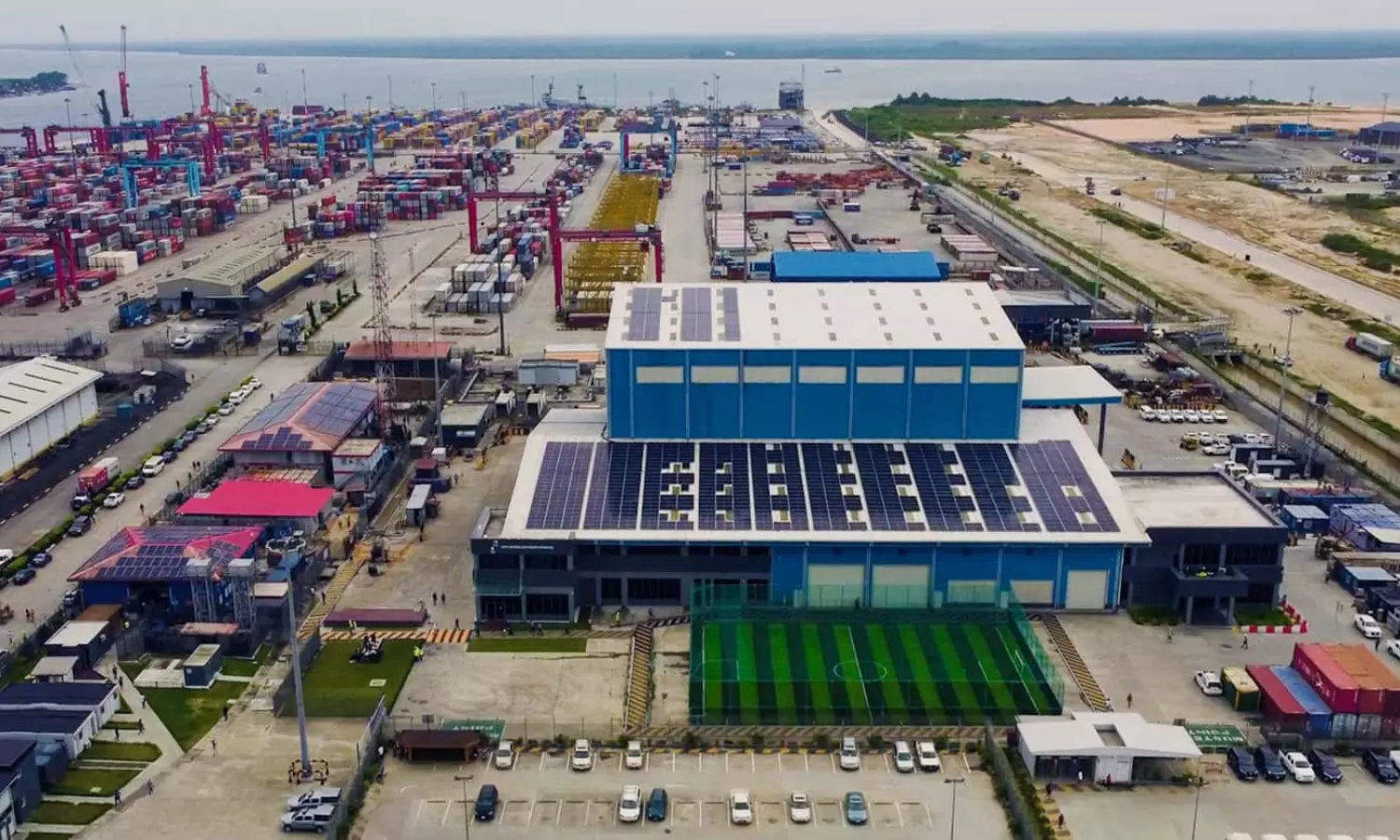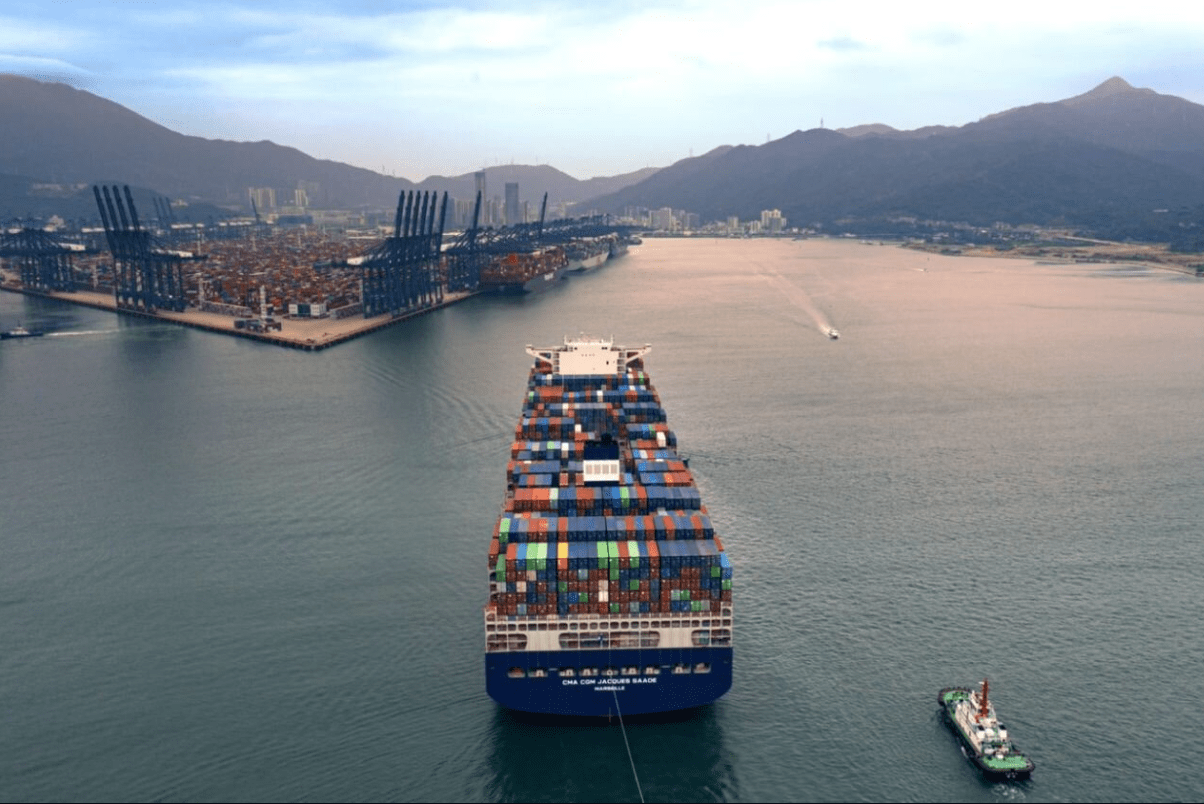Logistic

Turkish logistics a winner in Azeri-Armenian deal

The end of a four-decade conflict and a new trade route bypassing Iran and Russia could hand Turkey’s logistics industry a major boost in its bid to link Central Asia with Europe.
Earlier this month, under US President Donald Trump’s gaze, the leaders of Azerbaijan and Armenia met in the Oval Office to sign a deal halting their decades-long conflict.
One of the key components of the agreement was the establishment of the Zangezur Corridor, also dubbed the Trump Route for International Peace and Prosperity.
It will run along Armenia’s border with Iran and link Azerbaijan with its Nakhchivan enclave within Armenia, which is cut off from the main part of the country but has a shared border with Turkey.
The corridor will be administered by a US-led consortium under a 99-year contract, letting trade flow directly to and from Turkey to Azerbaijan, the Turkic republics, Azerbaijan, Kazakhstan, Kyrgyzstan, Turkey and Uzbekistan, and beyond, rather than longer and convoluted routes through Georgia or Iran, both prone to unrest.
Speaking after the peace deal was signed, Turkish Foreign Minister Hakan Fidan said the corridor would connect to Europe via Turkey, and the Turkic states through the Caucasus and the Caspian Sea.
“If this corridor that we have planned together is realised, it will become an important part of the transport route that will go uninterruptedly from Europe to the depths of Asia,” he said.
With much of that route set to run through Turkish territory, logistics operators in the country are eyeing business opportunities since increased trade flows will need carriers to support it.
“The peace agreement has revitalised the logistics sector,” Ayşem Ulusoy, vice president of the Turkish forwarding and logistics association, told AGBI.
“If Turkey capitalises on this strategic development, it will significantly increase its GDP,” added Ulusoy, who is also general manager of logistics firm ATC Grup.
Ankara is already taking advantage, announcing it was breaking ground on a new rail link connecting Nakhchivan with the eastern Turkish city of Kars on August 21. When completed, the fully electrified 225km twin-track line will have the capacity for 15 million tonnes of freight annually, Turkey’s transport minister Abdulkadir Uraloğlu said this week.
Turkey’s gain could be Iran’s loss, however, as the US-administered corridor running along its border with Armenia would effectively cut Tehran’s direct links to Russia, its neighbour and close trading partner, an added strategic bonus for Washington.
Currently, at least some land freight to and from Azerbaijan is routed through Iran, meaning the new corridor will also see a drop-off in activity for Iranian logistics service providers.
Tehran has voiced displeasure at the agreement, saying it will not accept an imposition on its border. This week, in a meeting with Iranian President Masoud Pezeshkian, Armenian Prime Minister Nikol Pashinyan appeared to walk back one of the central elements of the accord, saying security for the corridor would be provided by Armenia, not any third country.
Though Turkish logistics service providers have high hopes for the Zangezur Corridor, Iranian pressure and a possible shift in Armenia’s position could see the development falter before it gets off the ground.












